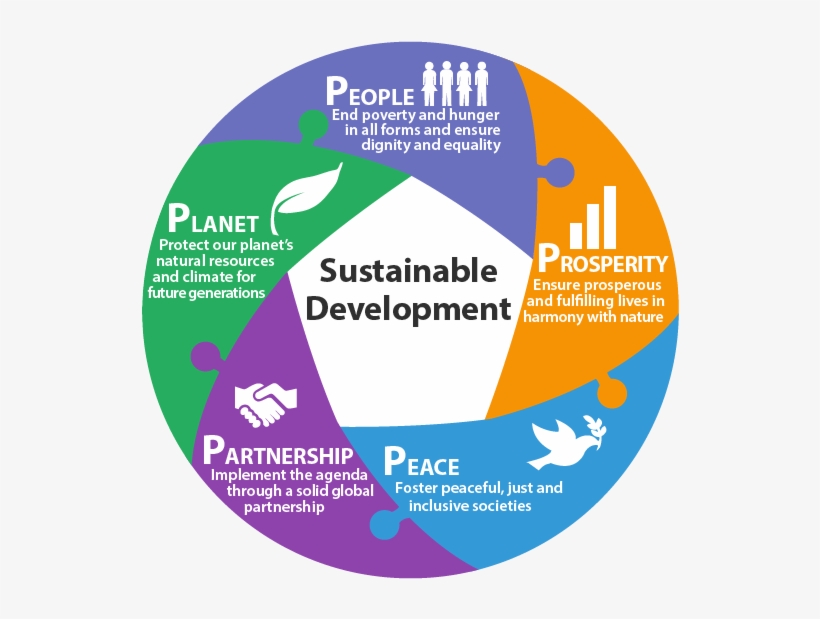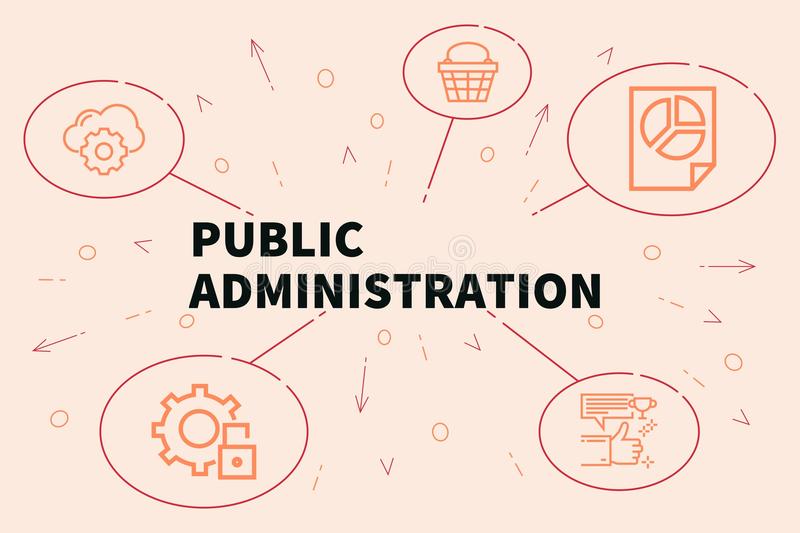Mon-Sat 9am-7pm














Sociology is a branch of social science that involves the study of human social relationships, social behavior and the society, including its origins, development, organization, networks, and institutions. Students who gain an expertise in sociology know how to think critically about human social life, and how to ask important questions. They develop the skill of designing good social research projects, meticulously collecting and analyzing empirical data along with formulating and presenting their research findings. They also become adept at helping others understand the way the social world works and how it could be changed for the better.

How to Pursue a Career in Sociology
|
Stream |
Graduation |
After Graduation |
After Post Graduation |
|
|
Path1 |
Class XII with Humanities stream (can take sociology as one of the subjects) |
Pursue BA(H) Sociology for 3 years |
Pursue Masters in sociology for 1-2 years in India or Abroad |
Pursue M.Phil in Sociology for 2 years or/and Ph.D. in Sociology for 3-4 years |
|
Path2 |
Class XII with Science Stream |
Pursue B.Sc Medical Sociology for 3 years |
Pursue M.Sc Sociology for 2 years |
- |
|
Path3 |
Class XII with Any Stream |
Pursue Bachelors in Sociology for 3 years |
Appear for UPSC Examination |
- |
|
Path4 |
Class XII wih Humanities Stream |
Pursue bachelors in sociology for 3 years |
Masters in Journalism |
- |
Important Facts
Leading Institutes
Top Sociology Institutes in India
|
College |
Location |
Website |
|---|---|---|
|
Banaras Hindu University |
Varanasi |
|
|
Hindu College |
New Delhi |
|
|
Jamia Millia Islamia University |
New Delhi |
|
|
University of Calcutta |
Kolkata |
|
|
University of Madras |
Chennai |
|
|
University of Hyderabad |
Hyderabad |
|
|
University of Jadavpur |
Kolkata |
|
|
Aligarh Muslim University |
Uttar Pradesh |
|
|
B.J.B autonomous College |
Odisha |
|
|
Bihar University |
Bihar |
|
|
Dibrugarh University |
Assam |
|
|
J.D. Woman College |
Bihar |
|
|
Janaki Devi Memorial Collge |
Delhi |
|
|
Jogamaya Devi College |
West Bengal |
|
|
Jesus & Mary College |
New Delhi |
Top Sociology Institutes in the World
|
Institution |
Location |
Website |
|---|---|---|
|
Harvard University |
United States |
|
|
University of California, Berkeley |
United States |
|
|
University of Oxford |
United Kingdom |
|
|
London School of Economics and Political Science |
United Kingdom |
|
|
University of Wisconsin-Madison |
United States |
|
|
University of Amsterdam |
Netherlands |
|
|
National University of Singapore |
Singapore |
|
|
University of Toronto |
Canada |
Career Opportunities in Sociology
Analytical skills: Sociologists must be able to carefully analyze data and other information, often utilizing statistical processes to test their theories.
Communication skills: Sociologists need strong communication skills when they conduct interviews, collaborate with colleagues, and present research results.
Critical-thinking skills: Sociologists must be able to think critically when doing research. They must design research projects and collect, process, and analyze information in order to draw logical conclusions about society and the groups it comprises.
Problem-solving skills: Sociologists’ research typically is focused on identifying, studying, and solving sociological problems.
Writing skills: Sociologists frequently write reports detailing their findings.
Call us at +91 9205084085, Monday - Friday, 9 am - 7 pm


